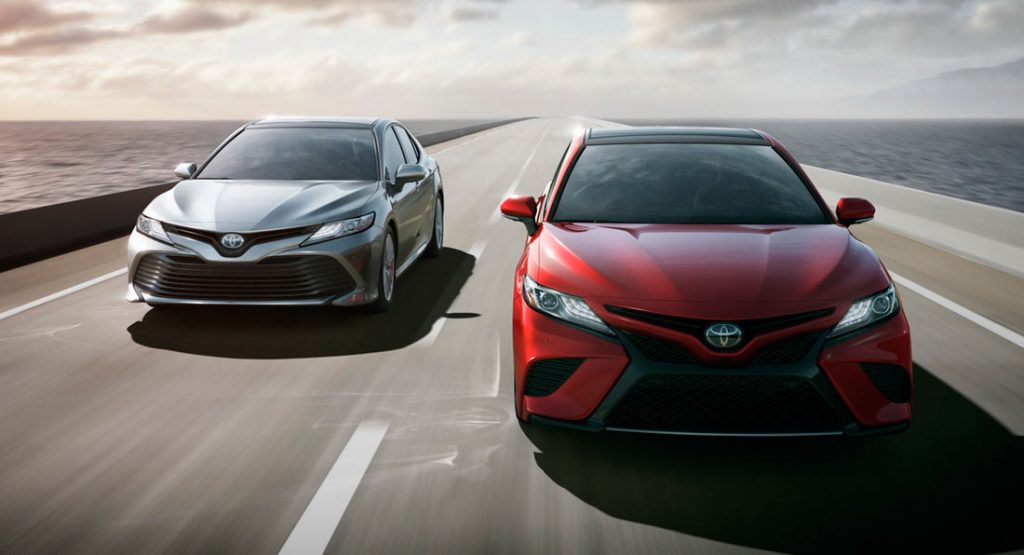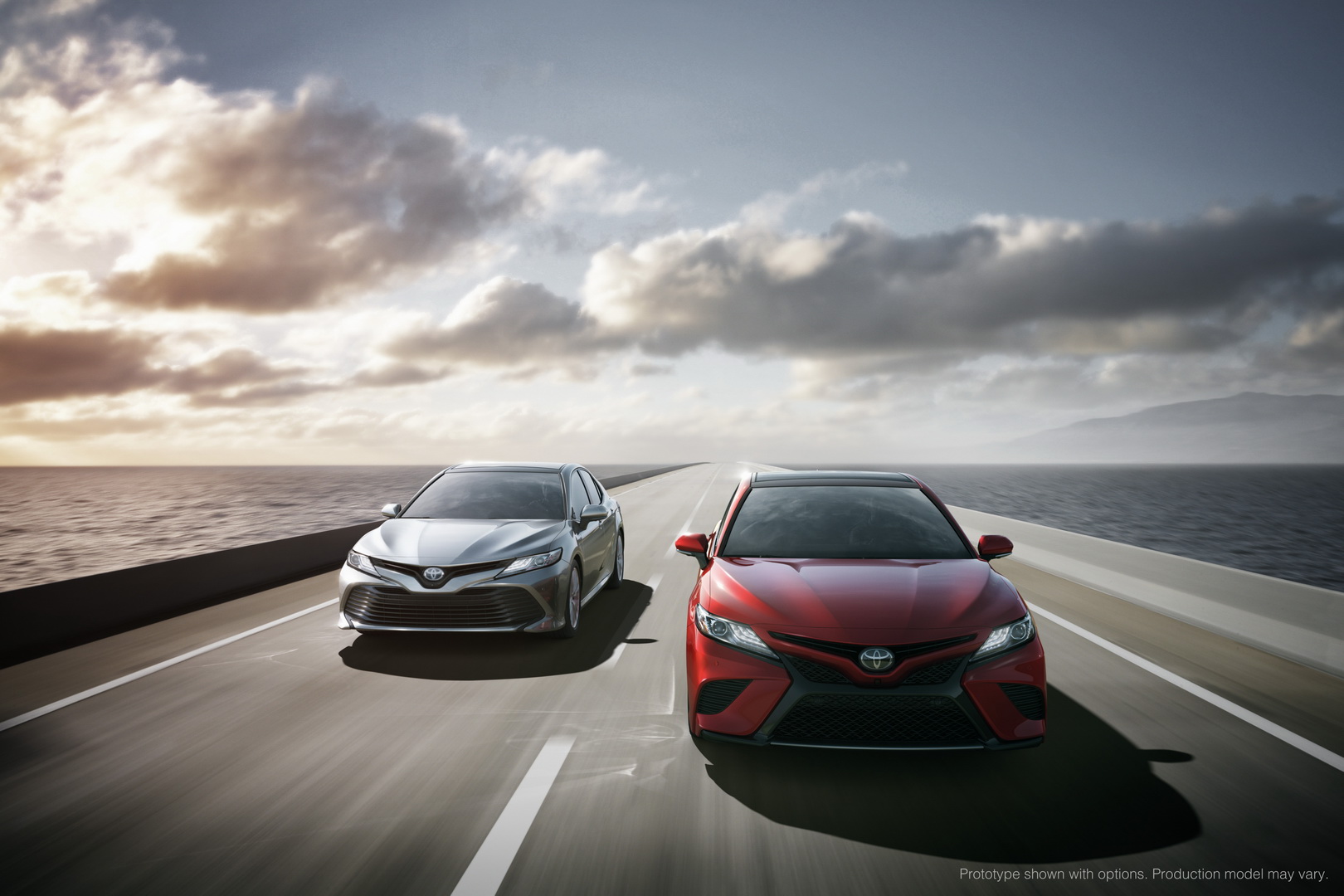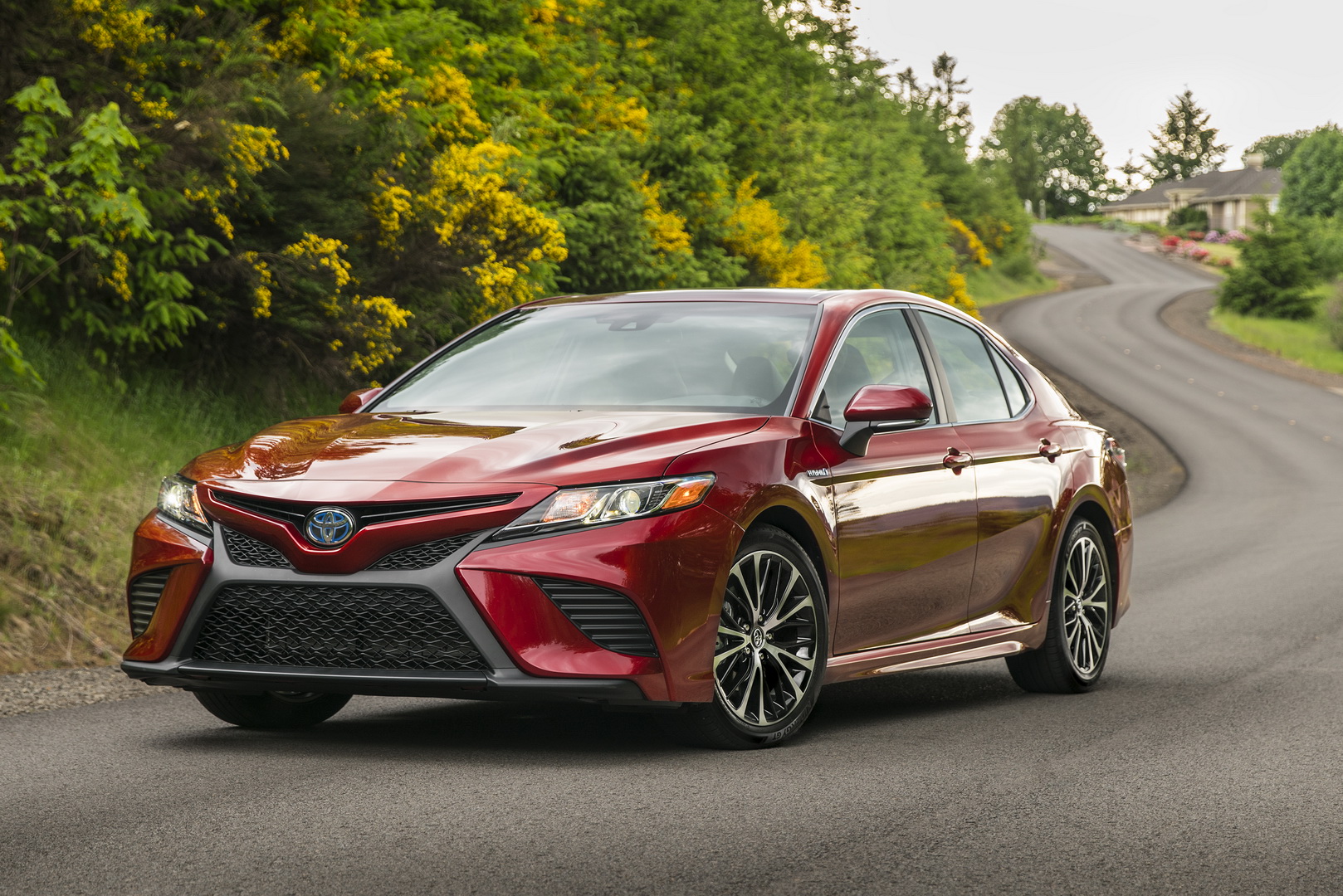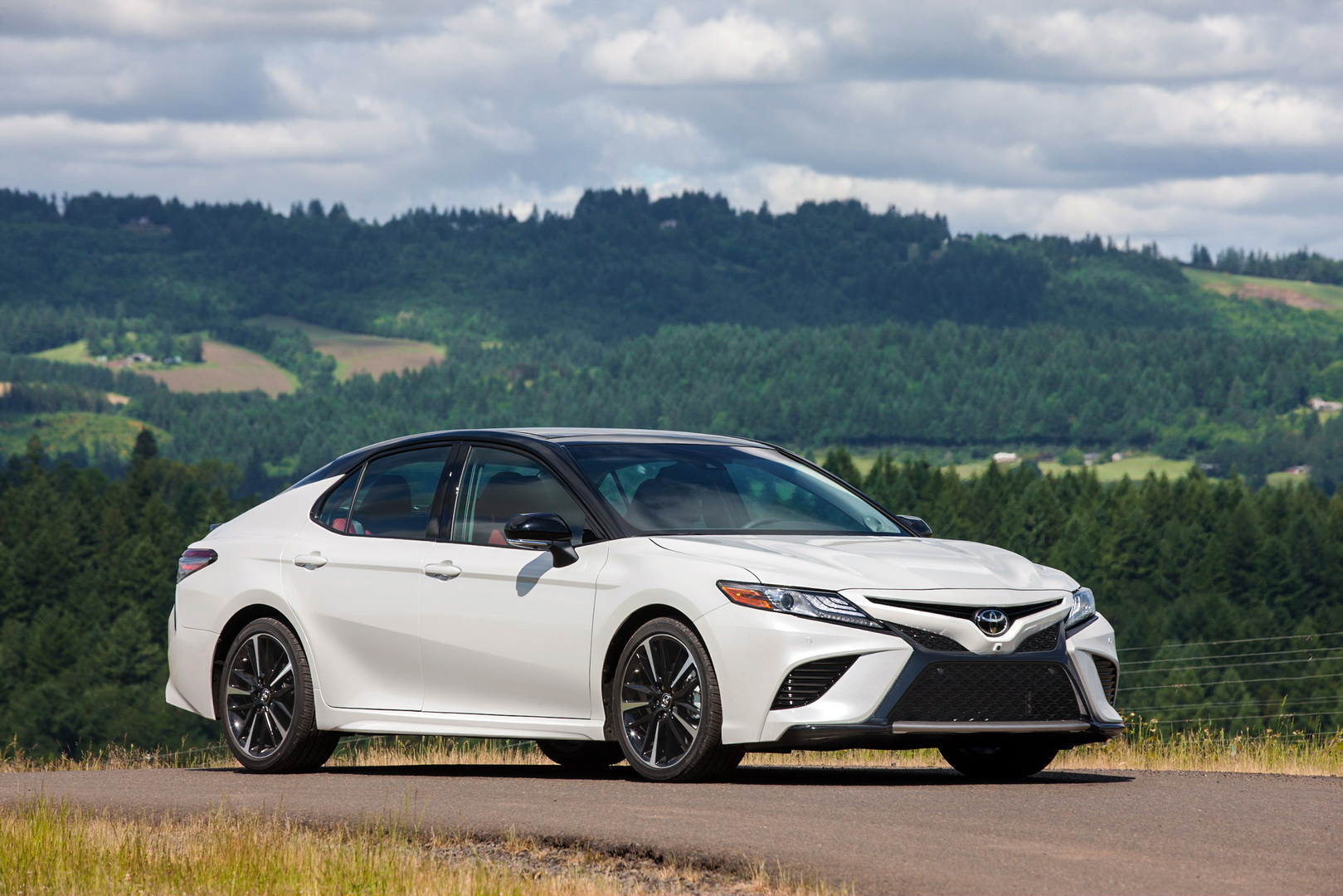The Japanese government could provide local car manufacturers with financial air to help minimize the impact of U.S. trade tariffs.
Japan will enter a second round of trade talks with the United States on September 21 in a bid to avoid tariffs on the vehicles its automakers import to the U.S. However, government sources admitted to Reuters that they have already started to think about what it’ll do if tariffs are unavoidable.
“If the trade talks pile pressure on Japan’s car exports, we would need to consider measures to support the auto industry,” an anonymous ruling party official said.
It remains to be seen how much the government would need to spend to compensate local manufacturers, but it wouldn’t be cheap.
The Trump administration has threatened to hit Japanese vehicles (and others…) with a 25 per cent tariff on autos and auto parts. Local car manufacturers fear adverse effects if these tariffs are imposed.
The automotive industry in Japan accounts for roughly 20 per cent of the country’s overall output. Additionally, it is responsible for between 60 and 70 per cent of the nation’s trade surplus with the United States.
This isn’t the only thing Japanese car manufacturers are fearful of. For years, the government has been mulling an increase in the sales tax from 8 per cent to 10 per cent. Already postponed twice, the latest plan calls for this increase to be implemented for October 2019 as the first sales tax increase since 2014. Many fear the tax hike could reduce sales of expensive goods such as vehicles and houses.






